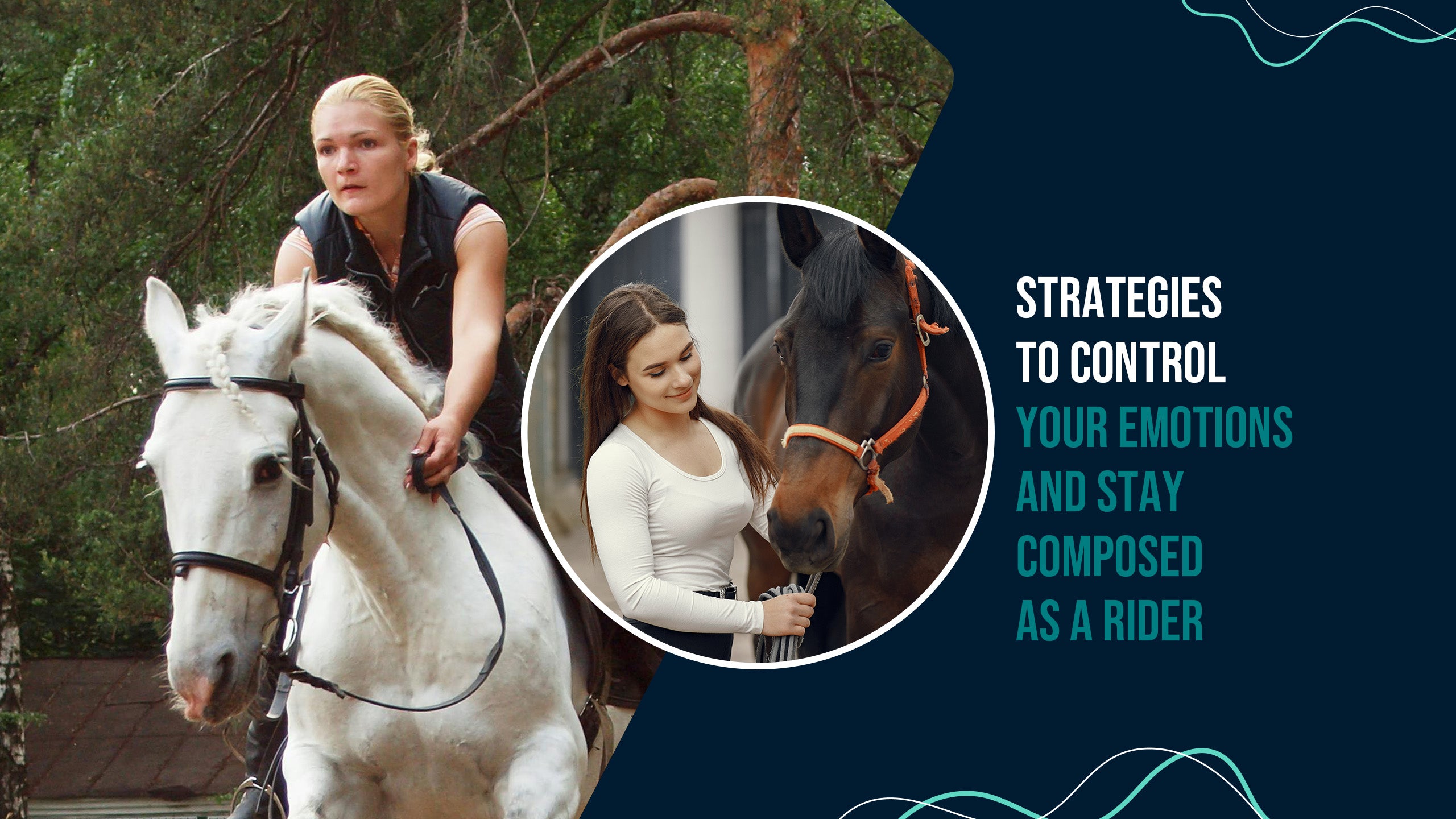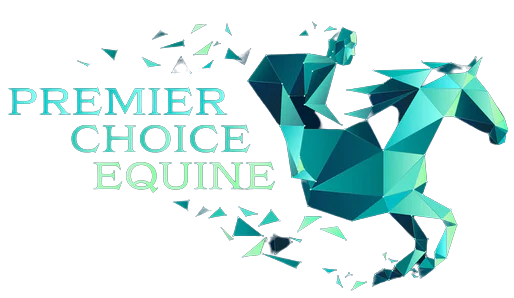
Embarking on horseback riding isn't merely a physical endeavor—it's a profound mental and emotional voyage. Understanding the significance of emotional regulation is pivotal for a rewarding experience in the saddle. Emotions wield substantial influence over a rider's performance and their equine relationship. For riders, mastering emotional control is paramount; it not only enhances riding prowess but also fortifies the bond with their horse, elevating the overall riding journey. Horses, being highly perceptive creatures, keenly discern a rider's emotional state. Anxiety, fear, or frustration can unsettle equine communication, fostering tension or perilous scenarios. Conversely, when riders exhibit calmness, confidence, and emotional poise, horses feel reassured, fostering harmony and positive responsiveness. Discovering effective strategies for emotional control is thus fundamental for riders, ensuring safety, understanding, and fulfillment in their equestrian pursuits.
The Horse Rider Bond: How Emotions Affect the Relationship with Your Horse
The bond between a horse and its rider is built on trust, communication, and understanding. Emotions play a significant role in shaping this bond. When a rider is emotionally balanced, they are able to connect with their horse on a deeper level, creating a harmonious partnership. However, when a rider is emotionally imbalanced, the horse may become confused, anxious, or even resistant.
Positive emotions, such as joy, love, and excitement, can enhance the horse rider bond. When a rider feels happy and passionate about riding, their horse can sense this positive energy and respond with enthusiasm. Conversely, negative emotions, such as fear, anger, or frustration, can strain the relationship. Horses are intuitive creatures that mirror the emotions of their riders, so it is crucial for riders to be aware of their emotional state and its impact on their horse.
Signs of Emotional Imbalance in Horse Riders
It is important for horse riders to be able to recognize the signs of emotional imbalance in themselves. Emotional imbalance can manifest in various ways, such as physical tension, mental distractions, or behavioral patterns. Some common signs of emotional imbalance in horse riders include:
- Physical tension: Riders may experience tight muscles, clenched jaw, or shallow breathing when they are emotionally imbalanced. This tension can affect their balance, coordination, and overall riding performance.
- Mental distractions: When riders are emotionally imbalanced, they may have difficulty focusing, making decisions, or staying present in the moment. This can lead to miscommunication with the horse and a lack of clarity in riding cues.
- Behavioral patterns: Emotional imbalance can also manifest in behavioral patterns, such as excessive worrying, overthinking, or avoidance of certain riding situations. These patterns can hinder the rider's progress and limit their potential.
By being aware of these signs, riders can take proactive steps to address their emotional imbalances and work towards mastering emotional control in the saddle.
Strategies for Mastering Emotional Control in the Saddle
Emotional control is a skill that can be developed and mastered with practice. Here are some effective strategies for horse riders to enhance their emotional control in the saddle:
Breathing Exercises and Relaxation Techniques for Horse Riders
Deep breathing exercises and relaxation techniques can help riders calm their minds, release tension, and regain emotional balance. By focusing on their breath and consciously relaxing their muscles, riders can reduce anxiety, stress, and other negative emotions that may arise during riding. Simple techniques, such as belly breathing, progressive muscle relaxation, or visualization, can be incorporated into pre-ride warm-ups or during breaks in the saddle.
Visualizing Success: Harnessing the Power of Positive Thinking in Horse Riding
Positive thinking and visualization can have a profound impact on a rider's emotional state and performance. By visualizing successful rides, riders can build confidence, reduce anxiety, and create a positive mindset. Visualization techniques involve vividly imagining the desired outcome, including the rider's posture, the horse's movements, and the overall experience. By consistently practicing positive visualization, riders can train their minds to stay focused, motivated, and emotionally balanced during rides.
Building Confidence through Gradual Exposure and Desensitization
Confidence is a key component of emotional control. Riders can build confidence by gradually exposing themselves and their horses to new challenges, environments, and experiences. This process, known as desensitization, involves introducing the horse to unfamiliar stimuli in a controlled and gradual manner. By exposing the horse to various objects, sounds, or situations, riders can help their horse overcome fear, increase their own confidence, and strengthen the rider's emotional control in different riding scenarios.
The Role of Mindfulness in Developing Emotional Control as a Horse Rider
Mindfulness, the art of being fully present without judgment, holds immense significance in the realm of emotional control for horse riders. By immersing themselves in the present moment, riders can cultivate heightened self-awareness, facilitating better regulation of emotions and fostering overall well-being. Techniques such as body scans, sensory awareness, and mindful riding empower riders to remain centered and emotionally balanced during their equestrian pursuits. Off the saddle, regular mindfulness practice further bolsters emotional resilience, equipping riders with the tools to navigate challenging situations with calm and composure. Through the integration of mindfulness into their riding routine, equestrians can forge deeper connections with their horses and elevate their overall riding experience.
Seeking Professional Help: Therapy and Counseling for Emotional Challenges in Horse Riding
In some cases, riders may face emotional challenges that require professional help. Therapy and counseling can provide valuable support in navigating emotional issues, overcoming fears, and developing effective coping strategies. A licensed therapist or counselor who specializes in equestrian sports can offer guidance, tools, and techniques tailored to the unique needs of horse riders. Seeking professional help is not a sign of weakness but rather a proactive step towards mastering emotional control and enhancing the overall horse riding experience.
Conclusion
Mastering emotional control is a continuous journey for horse riders. By understanding the importance of emotional control, recognizing signs of emotional imbalance, and implementing effective strategies, riders can enhance their riding skills, strengthen the horse rider bond, and create a more fulfilling and enjoyable riding experience. Whether it is through breathing exercises, positive thinking, confidence-building techniques, mindfulness, or seeking professional help, riders have the power to embrace emotional control and unlock their full potential in the saddle. So, take the reins of your emotions and ride towards a more rewarding and successful horse riding journey.
